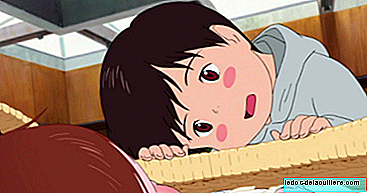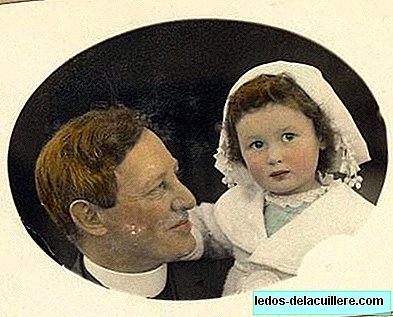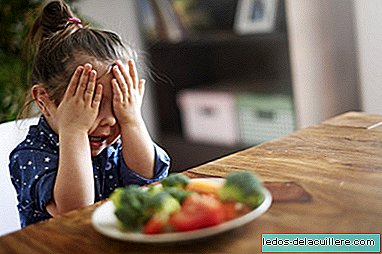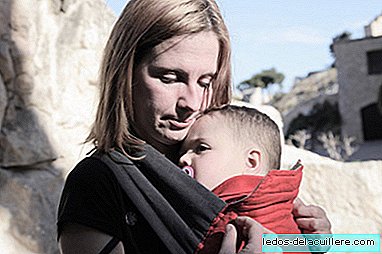
According to a survey conducted by the Core Research Institute to 1,665 parents of enuretic children between 5 and 12 years old, 17% of children with nocturnal enuresisthat is, they wet the bed at least twice a month after five years of age, they refuse to perform any activity that involves sleeping outside the home. So going to camps or colonies, hiking, or staying at a friend's house, they don't do it for shame which means urinating at night.
According to experts, between five and six years of age, every child is physiologically prepared to control sphincters and not wet the bed at night. If from that moment it continues to occur, it is necessary to seek medical advice in the pediatrician or in the children's urologist so that more serious pathologies such as diabetes, infections or malformations of the urinary system are ruled out. 90% of enuresis cases have their origin in a physiological disorder as a delay in maturation of the bladder or nocturnal urine production higher than normal. The remaining 10% may be caused by an unusual event in the life of the child or his family that causes occasional urine losses.
The anguish that causes children with enuresis to attend a camp is such that they directly avoid doing so and those who finally go even they don't sleep at night to not pee. If properly treated by a doctor these children could live a life without any limitation.
The human body continuously produces 70% of it during the day and 30% during the night. The ADH hormone, anti diuretic hormone, regulates this production by increasing it throughout the day and reducing it significantly at night. A large part of children with enuresis suffer from disorder that causes them to release less hormone at night and that is why urine production does not decrease, the bladder fills during sleep and involuntary loss occurs.
We should consider bedwetting as a health problem with important implications in the child's daily life and that it requires medical advice and adoption of either behavioral or pharmacological treatment measures.












